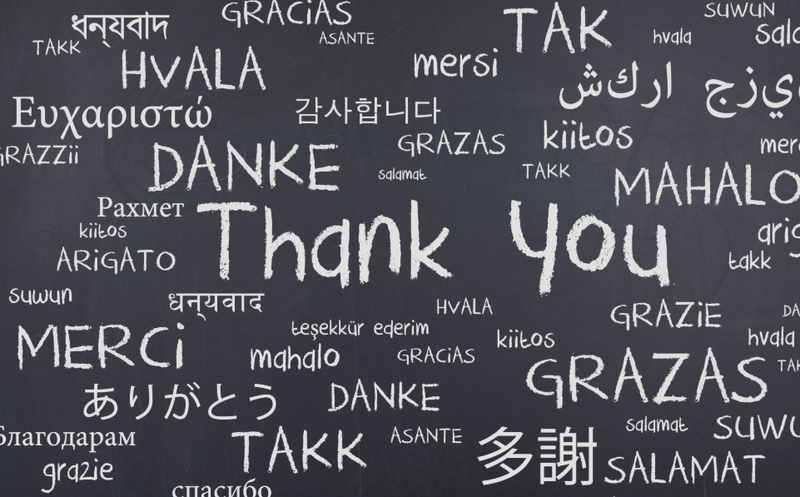Why I Say Grace — The Mechanics of Secular Gratitude
by Brent Antonson
Growing up in the 1980s, my family of four had a ritual: a quick, barely intelligible grace before dinner. We’d speed through it like racers at a green light — a small ceremony marking the shift from the chaos of the day to the comfort of food and family. It was our minimalist version of the longer blessings my grandparents used to give during holiday gatherings. Even rushed, it was our way of honoring the invisible chain that brought food to the table — a daily Thanksgiving of sorts.
As I grew older, that sense of gratitude shifted into a secular form: "Thank the universe for good food." Still, to this day — whether it’s a cheap burger or a home-cooked meal — I find myself pausing, whispering a quick thanks. Somehow it feels arrogant to assume I deserve this food simply by existing. Without that pause, it feels like I’m taking it for granted. I couldn't have made this meal entirely myself — not from scratch, not from earth.
The world around me tells a different story: hardworking people going hungry, children tossing aside food, others wasting it carelessly. Some don’t have the choice of what to eat — or whether they’ll eat at all. As Zen Master Thich Nhat Hanh wrote, “This food is the gift of the whole universe — the earth, the sky, and much hard work.” I try to carry that truth with me at every meal.
When I lived and taught in Russia, I became obsessed with crafting the perfect sandwich — something I called “the Russian sub.” In 2000, the Kursk nuclear submarine had sunk, killing all 118 men aboard. My sandwich, named in dark tribute, became a strange sort of ritual. I searched markets and kiosks across Russia for the right meat, cheese, and bread. The bread, always the bread, was sacred. I waited in line for xlyeb, the bread lady’s fresh baguettes, and adapted my sandwich depending on what country I was in — Russian kiosk, Chinese mall, or dusty Middle Eastern shop.
Each sub I made was a quest. I’d test unfamiliar butter, evaluate lard, try strange cottage cheeses. The results were often surprising — sometimes awful — but the bread was always the anchor. Eventually, I found my rhythm, toasting the sandwich to golden perfection in an oven or microwave, and each time, I’d sit quietly and offer grace.
Not biblical grace. Just acknowledgment. A moment of humility. Whether it was my girlfriend’s home-cooked meal or something grabbed from a McDonald’s drive-thru, I’d pause to recognize the invisible miracle of it all. The logistics alone were staggering — the supply chain, the farmers, the workers, the weather. This wasn’t just a cheeseburger. It was a culmination of a thousand hands and a thousand miles.
And so I say grace. Not out of guilt. Not out of religion. But out of respect — for the labor, for the luck, for the moment.
For as long as I’m eating food I couldn’t have fully grown, butchered, baked, and prepared myself, I’ll continue to whisper thanks. Because even if I don’t believe in a god who delivered it, I still believe in recognizing the astonishing truth:
There was food when I was hungry.

